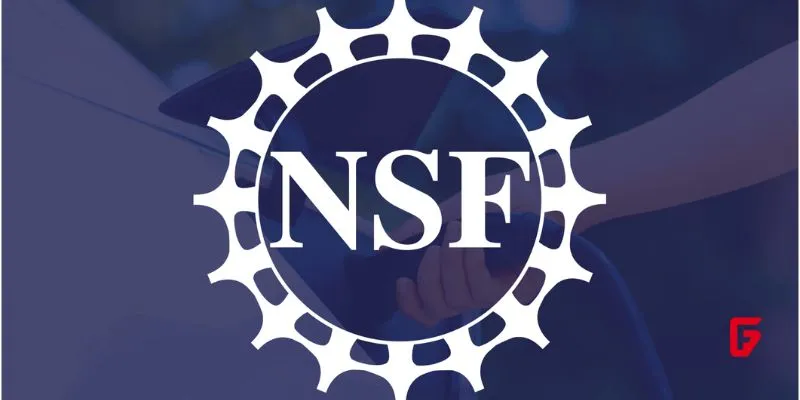The U.S. National Science Foundation (NSF) has just made a major move—announcing a $100 million investment to fuel breakthroughs in artificial intelligence research nationwide. Here’s what tech insiders should know about this bold step and how it impacts emerging technologies, education, and society.
“Artificial intelligence is key to strengthening our workforce and boosting U.S. competitiveness”….”Through the National AI Research Institutes, we are turning cutting-edge ideas and research into real-world solutions and preparing Americans to lead in the technologies and jobs of the future.”
-Brian Stone, NSF Director
A Federal Push: New and Renewed AI Institutes
Under this initiative, two new institutes have been launched:
Brown University: Spearheading the development of next-generation AI assistants aimed at mental and behavioral health, ensuring the tech is trustworthy and adaptable to individual needs.
Cornell University: Leading the AI-Materials Institute to advance discovery of materials vital for quantum tech, renewable energy, and sustainability, integrating large language models with experimental data and scientific literature.
Three existing institutes received renewed funding:
University of Texas at Austin: Continuing foundational advances in machine learning, especially in generative AI models now integral to tools like Stable Diffusion.
University of Colorado Boulder: Expanding its Student AI-Teaming program, which helps middle-school students and teachers collaborate more effectively in the classroom with AI support.
University of Illinois Urbana-Champaign: Furthering the development of AI models for rapid molecule discovery, aiming to revolutionize drug development and materials science.
The National Hub: Ensuring Collaboration & Impact
To tie this cross-country effort together, the NSF awarded $5 million to the UC Davis-led AI Institutes Virtual Organization (AIVO). This new hub:
Connects all 29 federally funded artificial intelligence (AI) institutes.
Hosts events and training to accelerate AI education and workforce development.
Fosters new public-private partnerships.
Was further bolstered by a $1.75 million grant from Google.org for AI education programs.
Why It Matters: Applications That Reach Everyone
The NSF’s latest investment is about more than just algorithms and data. These institutes are working on projects that touch everyday life:
Mental health: AI assistants for therapy and support that understand the needs of vulnerable communities.
Drug discovery: AI-driven tools to speed up finding new medicines and therapies.
STEM education: AI partners that help students learn and collaborate, building the next generation of tech talent.
Quantum & sustainable materials: Accelerated discovery for energy, sustainability, and advanced technology.
As Brian Stone, acting NSF director, puts it: “Artificial intelligence is key to strengthening our workforce and boosting U.S. competitiveness.” With nearly $500 million poured into this initiative since 2020, America is investing not just in artificial intelligence, but in the future of innovation, opportunity, and real-world impact.
This is more than a funding announcement—it’s a statement of intent for the U.S. AI ecosystem. As AI moves from labs to daily life, the NSF’s strategic investments aim to make sure these advances benefit both industry and society at large.
America’s AI research has never looked more promising—or more essential.














